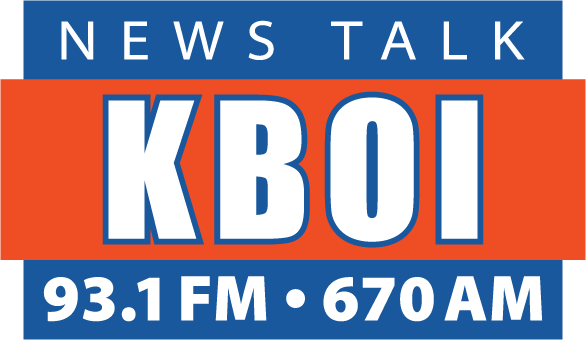Most education tends to be pretty general. At least at first. I remember my grade school report cards. The subjects were listed as “math”, “science”, “language”, “social studies”, “reading” and “art”.
Somewhere between junior high and high school, the titles became just a little more specific. Instead of math, I had algebra and geometry. “Science” became separate classes for biology, chemistry and physics. “Social studies” turned into history, geography and government. Language and reading combined to make “English”, which was then broken down to English composition, speech, American literature, English literature, short stories, novels and creative writing.
Then in the first couple of years of college, the focus was narrowed even more. There was geology, astronomy, micro-biology, bio-chemistry, world history, history of western civilization, history of eastern civilization, public affairs, mass communication, non-verbal communication, and “intro” to most anything you can think of. Intro to philosophy, intro to Spanish, intro to music, intro to Spanish music.
And in the last couple of years of college, you purposely narrow your focus to concentrate on your major. For instance, what was English literature becomes poetry, Shakespeare, Chaucer, Wordsworth, Victorian novels, dystopian novels, Medieval Celtic writing and plenty of others.
Now, I can only assume that in 1968 at the University of Washington, somebody thought, “college is great, but I’ve got way too much free time”. That’s the year that the A-S-U-W, the Associated Students of the University of Washington, created the Experimental College. If your attitude was “well, I seem to be a genius when it comes to Macedonian expressionists, but I might benefit from more detailed classes about aspects of life I’ve virtually ignored since kindergarten”, then the ASUW Experimental College was for you.
And it still exists. There are similar programs at other universities, but the Experimental College at the University of Washington is still the largest program of its kind. You don’t actually receive college credit for any of the classes. Just knowledge. Even so, the classes aren’t free, but they aren’t nearly as expensive as the ones in the main university catalog. And general they are not.
If your interests involve art and crafts, there’s “Beginning Hat Making”, “Copy Your Favorite Garment”, and “Fume Free Painting”. You might want to learn “Understanding Airplanes”, “How Soccer Explains the World” or “Belgian Beer”…and that’s “Belgian” like from the country Belgium, not “belching beer”.
Or maybe you’d rather take “Cartooning for Profit” or a choir class for people who don’t sing very well called “The OK Chorale”. My personal favorite among their current offerings is called “How to Have Ideas”. I’m only sorry I didn’t think of that one first, but taking the class might have helped me do that. I think that qualifies as a paradox.
Anyway, Boise State Friday night obviously plays the University of Washington Huskies in football. It’s the return of former Bronco coach Chris Petersen, facing his former offensive coordinator, Bryan Harsin.
That leads me to the title of one more class available at u-dub’s Experimental College…”Coach Yourself and Others to Greatness”. I checked, and Chris Petersen is not the professor who teaches that class. But I couldn’t find out whether he’s taken it or not.
For this weekend anyway, let’s hope not.








